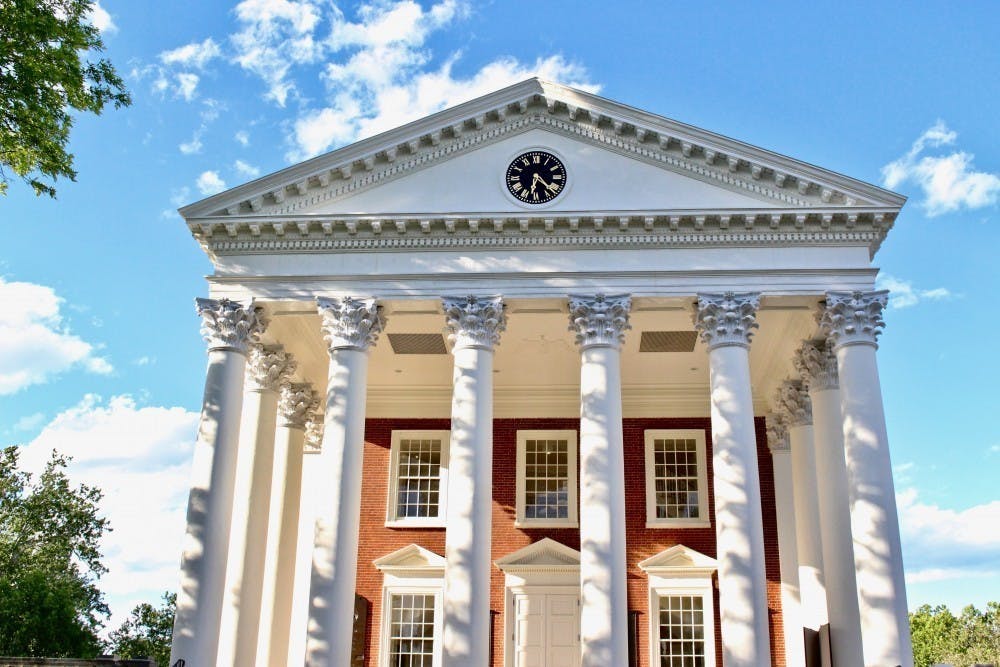According to separate rankings by U.S. News and World Report and the CollegeNet Social Mobility Index, the University falls in the bottom 15 percent of institutions in terms of social mobility for its students. Social mobility can be a difficult term to define, but broadly speaking, social mobility is the ability of an individual to move from one class to another, whether that is upwards or downwards.
In the fall, for the first time ever, U.S. News and World Reports began ranking colleges on their “social mobility,” and the University was listed as 324th out of 381. U.S. News and World reports ranks colleges and universities in the United States annually in various categories, including but not limited to cost, undergraduate research and value.
Another organization, CollegeNet, has devised a separate formula for ranking social mobility. The Social Mobility Index, according to their website, ranks 1,458 schools and is calculated based on five variables — “published tuition, percent of student body whose families whose incomes are below $48K (slightly below the US median), graduation rate, median salary approximately 5 years after graduation and endowment.”
Individually, the University of Virginia ranks 1,343rd out of 1,458 schools, and CollegeNet ranks the Commonwealth of Virginia as a whole at 19 out of 50 states. George Mason University was the highest-ranked Virginia institution at 107th, while Washington and Lee University and Liberty University are the only two Virginia universities ranked below U.Va., at the 1,413th and 1,418th spots, respectively.
Fourth-year Curry student Kalea Obermeyer is the founder of FLIP at U.Va., an organization that works to advocate for the University to expand its resources to benefit and empower first-generation and low-income students.
According to deputy University spokesman Wes Hester, “first-generation students make up nearly 13 percent of the Class of 2023, an increase of about 19 percent over last year.”
Hester also stated that making sure the University is attracting and helping first-generation students succeed is a priority for University President Jim Ryan, who was a first-generation student himself.
Obermeyer says that she thinks about social mobility and her status as a low-income student every day.
“I worry about how I'll afford my next meal, how I'll pay for housing next year, if I'll ever be able to move out of my low-income status after graduation,” Obermeyer said.
Obermeyer also said that while efforts to help first-generation and low-income students have improved over her time at the University, there is still a significant amount of work to be done.
Obermeyer brought up controversies like the admissions “watch list,” where prospective students — many of whom were related to large donors — were flagged by University officials for additional review.
To address challenges that particularly disadvantage students who identify as low-income or first-generation, Obermeyer suggested initiatives that the University could implement, such as hiring more support staff and resourcing in the Office of the Dean of Students, creating a centralized space for the students to congregate and connect with one another and extending this support to members of the broader Charlottesville community.
Sean Martin, an associate professor at the Darden School of Business, has conducted research on the area of social mobility and what he calls “social class transitioners,” or people moving from one social class to the next.
Martin’s research has revealed that students who shift amongst social classes gain a perspective akin to multiculturalism, as they learn the different priorities, values and behaviors amongst individuals across social classes.
“People who have these experiences in different social class positions can essentially reach out and be the ‘glue people’ in organizations and groups,” Martin said. “They can help bridge misunderstandings or understand why some groups aren't participating in some activities or help people gain insight into one another.”
While Martin did not have any specific recommendations for improving the University’s rankings on social mobility, he stated that adjustment programs would be beneficial.
“I think there's a lot that can be done to direct people to the resources that are there,” Martin said. “Basically just let [low-income and first-generations students] know you're not in this alone, there's a lot of people that want to help because your skills are more than good enough to be excellent here.”
Hester described a series of programs the University currently has to assist first-generation and low-income students, including Hoos First and the Rainey Academic Program, the latter of which works to help low-income or first-generation students acclimate by inviting them to take summer classes and meet with University faculty before the semester begins.
“A testament to the University’s work in helping low-income and first-generation students succeed is UVA’s 94 percent six-year graduation rate, which is the best in the nation among public universities,” Hester said.







